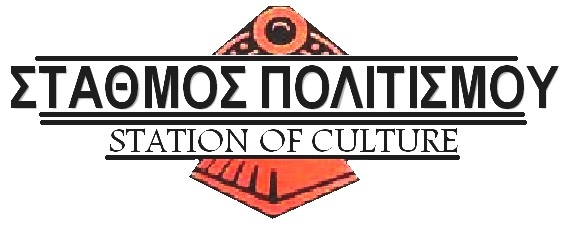It’s 2022, and the Great Resignation keeps chugging along. More than 47 million professionals voluntarily moved on from jobs in 2021, and the trend continues. As workers seek more flexibility and mental wellness support along with a stronger sense of purpose and self-fulfillment, you can be sure that your company will be affected in some way.
If you haven’t received any resignation letters yet, don’t make the mistake of considering your company exempt. Your employees could still be unengaged or dissatisfied, which is bad for business even if you keep the same team. Plus, any negative undercurrents could make it tough for future new hires to blend with your company’s culture.
Take the Great Resignation as a wake-up call to ensure your work culture is strong, well-defined, and consistent to retain high performers and attract new workers who will fit in from the get-go. Although this might not make your organization completely resignation-proof, the effort will go a long way toward ensuring that great workers don’t leave too soon.
Below are a few strategies for refining your business’s one-of-a-kind culture so that your employees are satisfied — and remain happy and engaged — through their entire employment life cycles.
- 1. Freshen up your company language.
Think about your group of family and friends. You probably use special words and phrases around one another that outsiders don’t understand. The longer you’re with the same group of people, the more likely you all develop shared lingo and communication styles.
Now, apply that idea to your business and colleagues. What language do you use around co-workers? Are the words or phrases boosting or hurting your cultural objectives? For example, say you want to be more compassionate with clients. When you allow employees to use negative language to talk about clients, you’re setting up a cultural disconnect. When your employees are in that mindset, they could inadvertently hurt your digital engagement. Ask trusted team members to help you identify and, if necessary, revamp your language so that the words you use aren’t at odds with the company atmosphere you want.
2. Ask the right interview questions.
Hiring and recruiting are key aspects of maintaining company culture for the long term. Bringing up culture before extending an employment offer removes the financial, productivity, and internal morale risks associated with making not-so-terrific hires.
“When I’m in the hiring process, I tend to use at least one pre-screen question that asks the interviewee to describe which of our values they feel they most aligned with and why,”
Growmotely CEO and founder Sarah Hawley wrote in an article for Entrepreneur. “This is a great way to get a sense of whether they’ll integrate with our culture and mission, and also how deeply they understand who we are.”
3. Live your company culture.
Most of us have known leaders who follow the “do what I say even if I don’t do it, too” mantra. It’s a recipe for problems, especially when you’re trying to establish and uphold a healthy corporate culture. If you don’t lead by example, you can bet that your employees won’t, either.
Essentially, everything you say and do at work should reflect positively on the culture you hope to build and maintain. As operational leader and advisor Julian Lute wrote in a blog post for Great Places to Work, “If integrity is a core value, make sure everyone knows what it means to ACT with integrity. If transparency is a core value, make sure you demonstrate WHAT transparency looks like.”
4. Set goals and celebrate wins.
It’s easier to drive your culture forward when everyone’s moving in the same direction. One method to get everyone on the same page is to set corporate, department, and individual goals. Aim to ensure goals are both SMART (specific, measurable, attainable, relevant, and time-based) and culturally aligned.
As you and your co-workers reach each milestone, reflect on how far you’ve come. Remember that even if you don’t meet your goals exactly, you can still learn from the journey. Plus, you set yourself up with the opportunity to make new goals based on old ones, which can help establish a culture of continuous learning and celebration. This type of culture can also help motivate and engage employees; McKinsey & Co. research shows that 70% of professionals say their work defines their purpose. Be sure to shine a light on your workers’ purposes as they move toward and beyond goals.
The Great Resignation may seem like a looming destructive force, but it doesn’t have to be. Use this historic moment to revitalize the culture of your company. When you do, you’ll position your organization to come out of this era stronger and more focused than ever.
Source: Press Release/Website








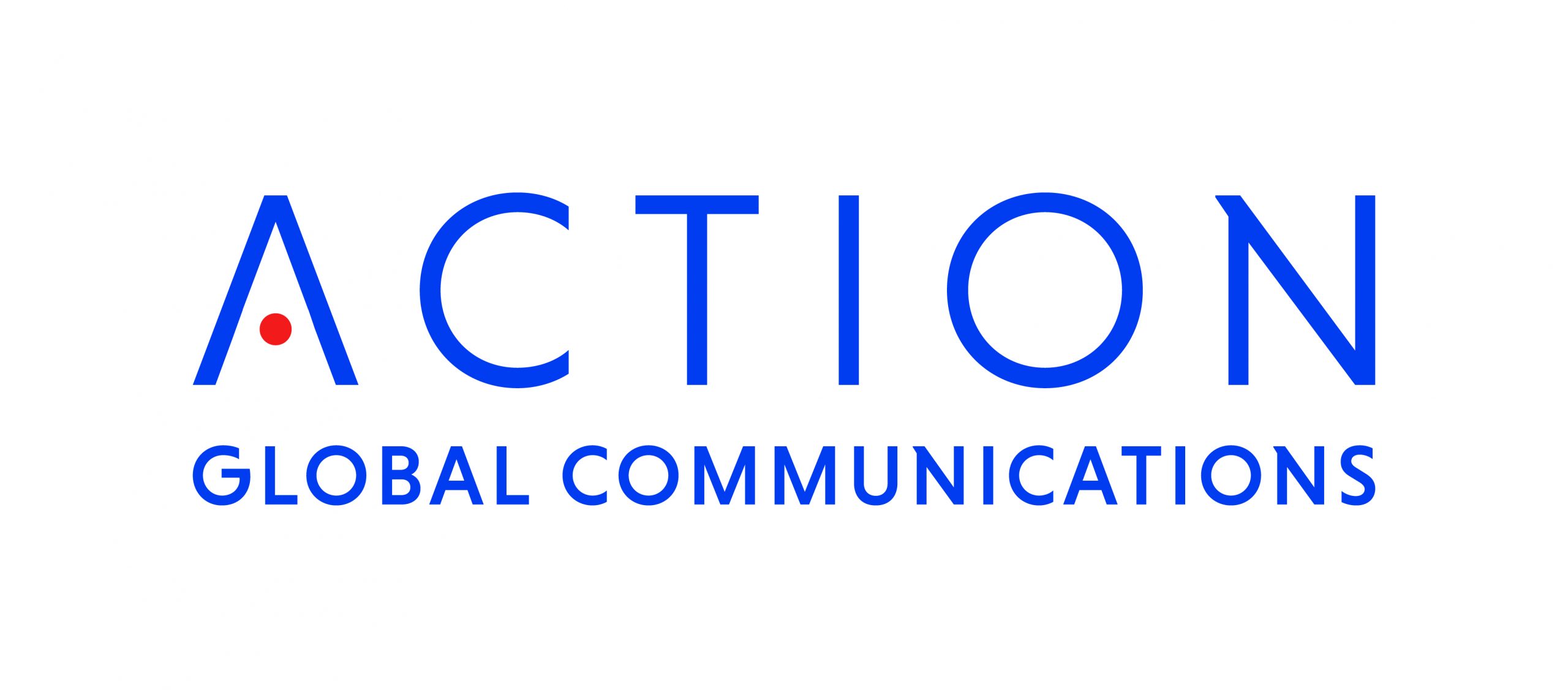













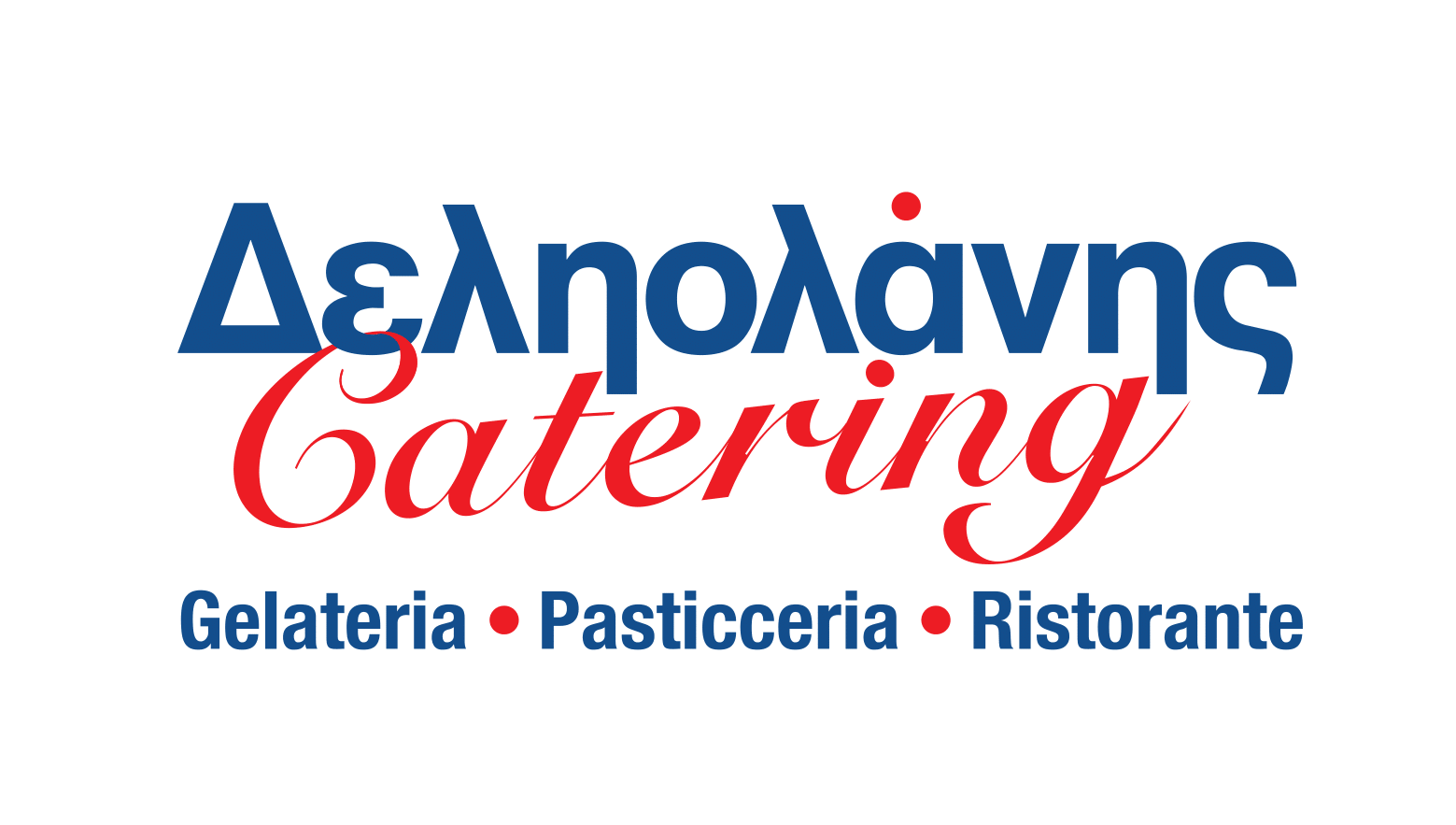




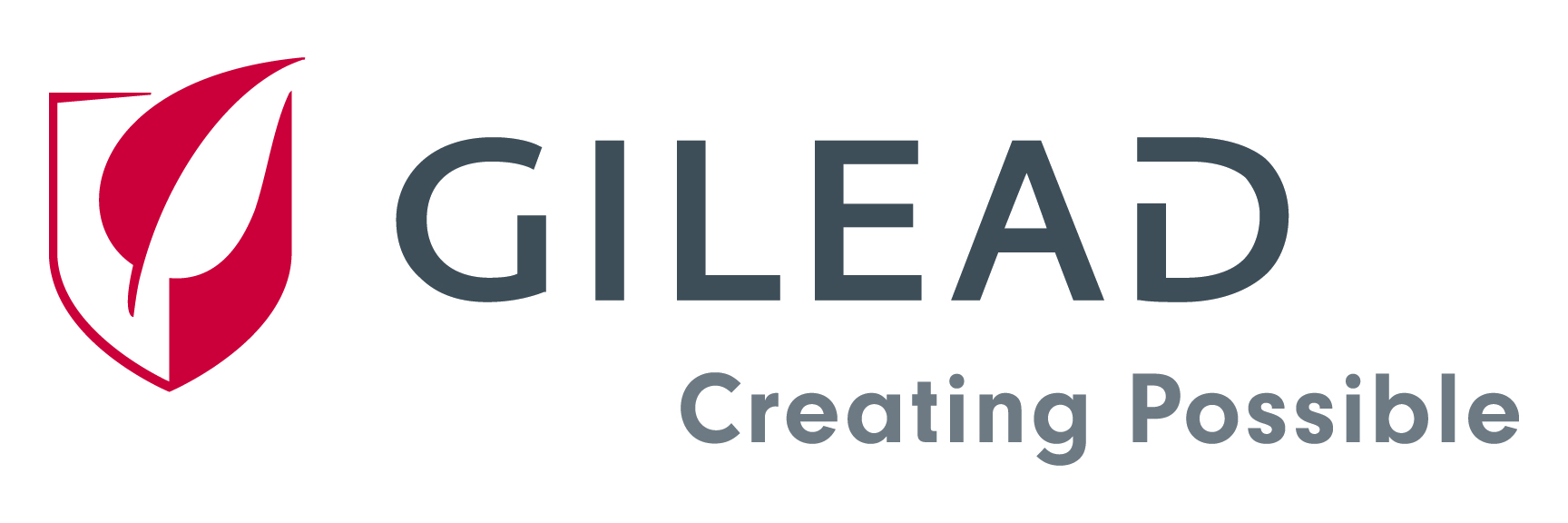







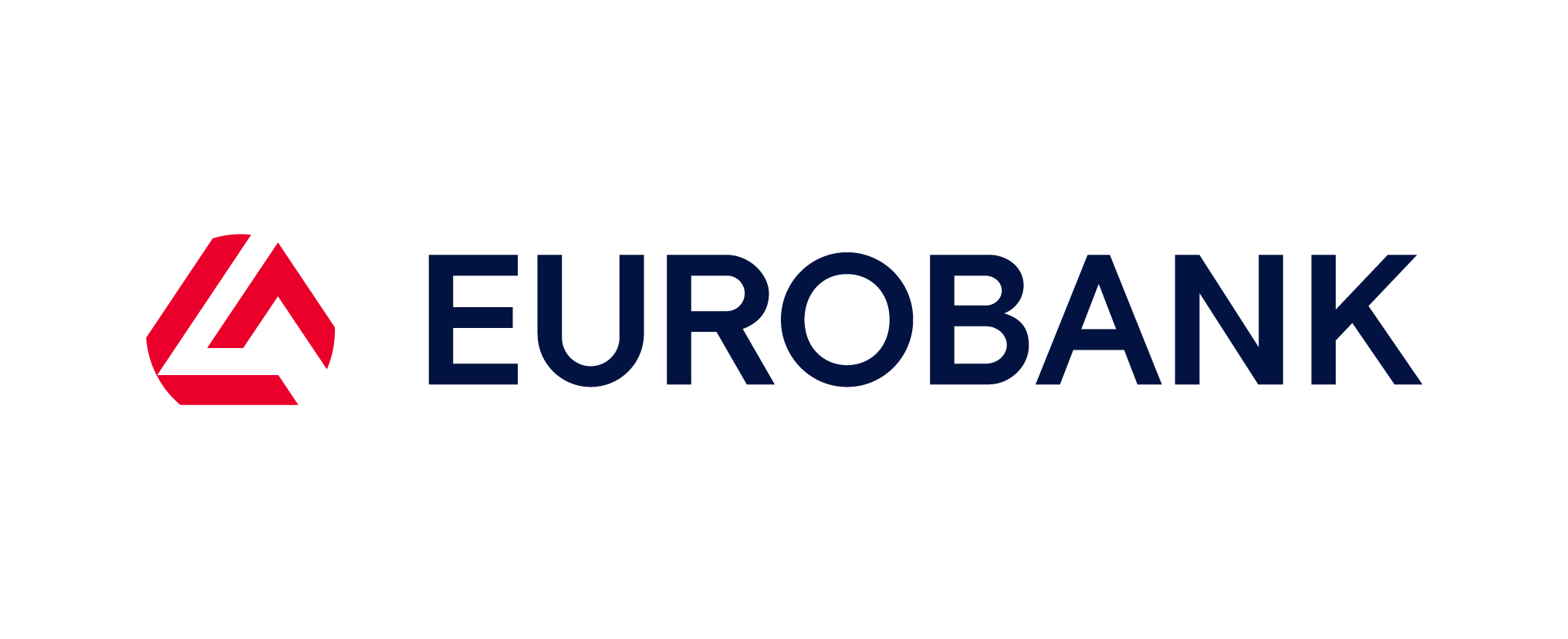

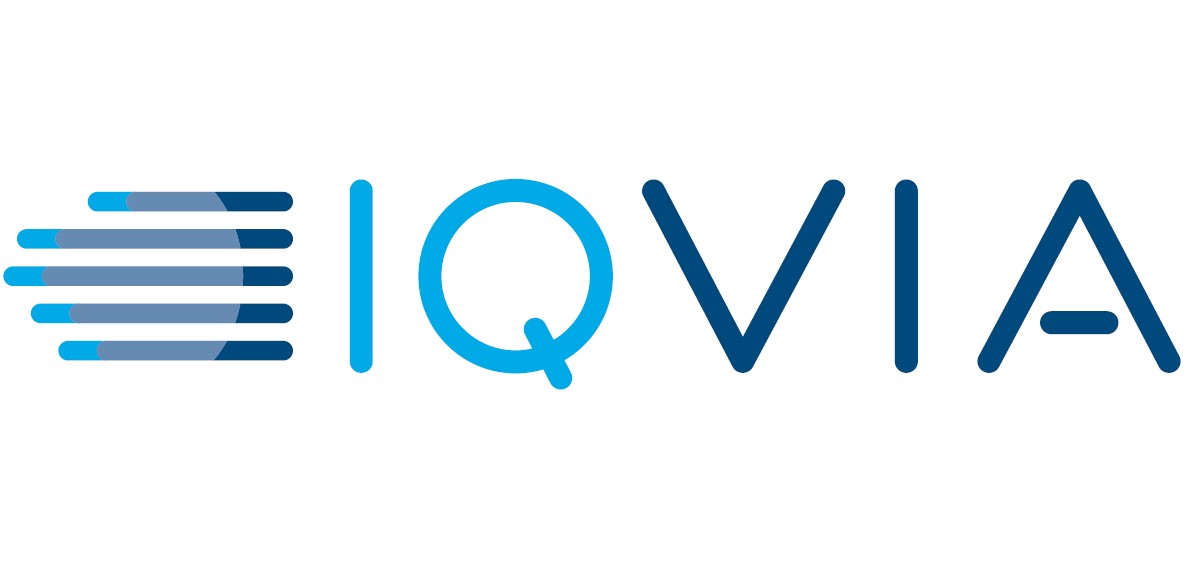



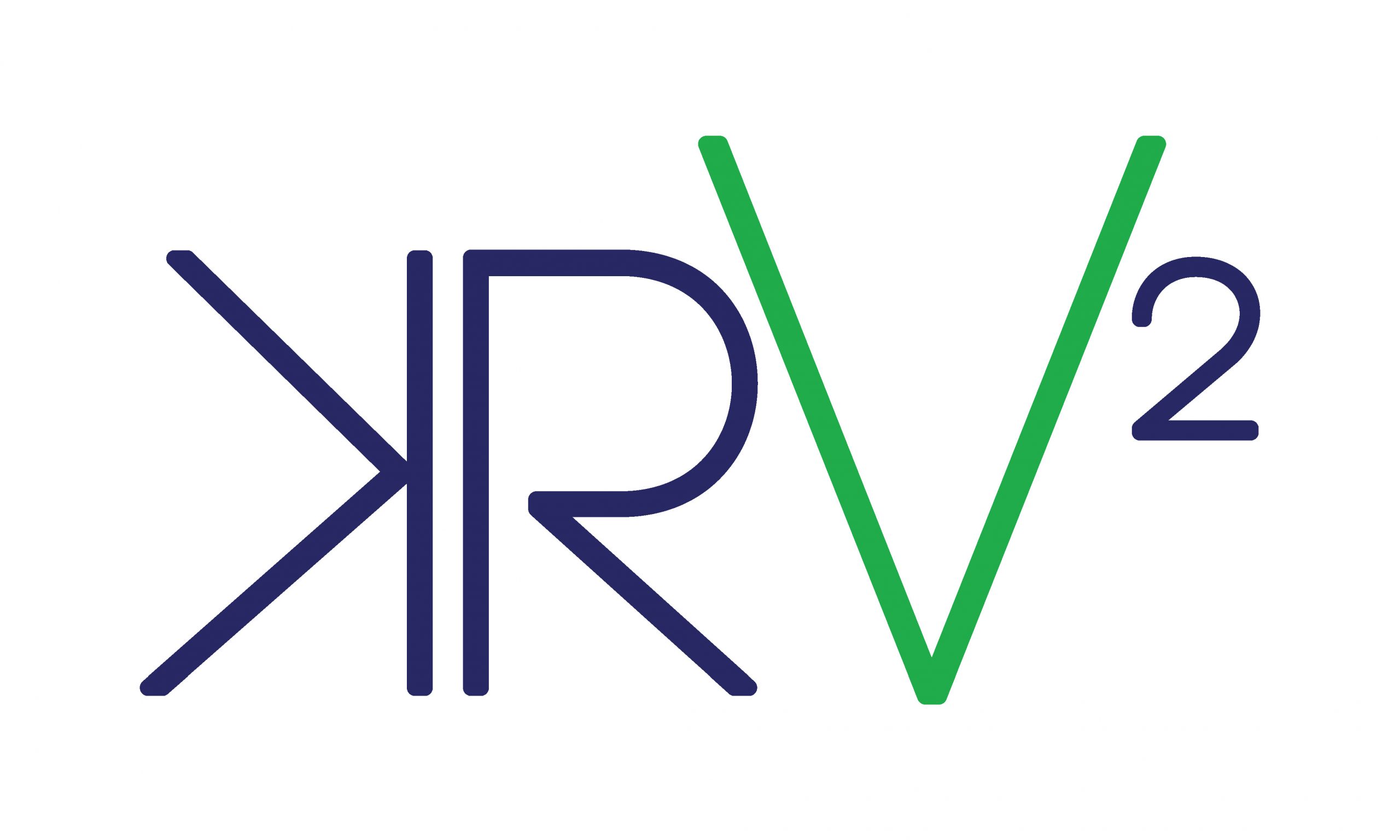

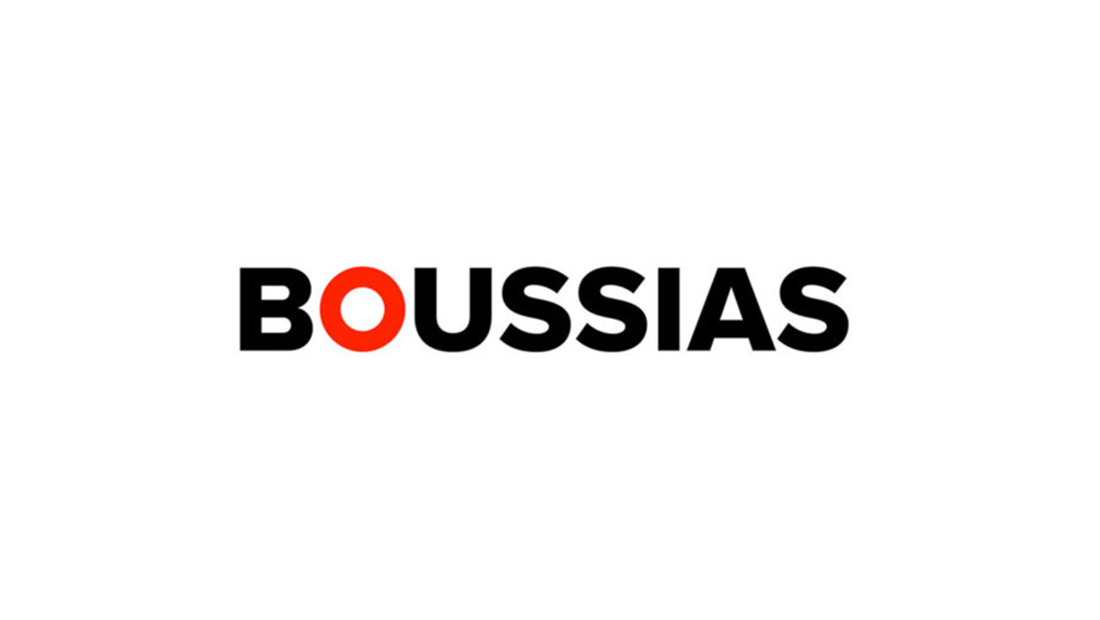


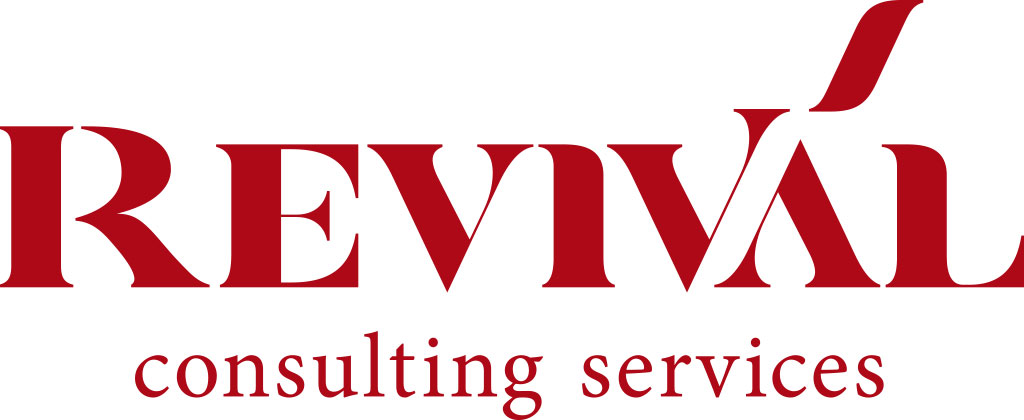
1.jpg)













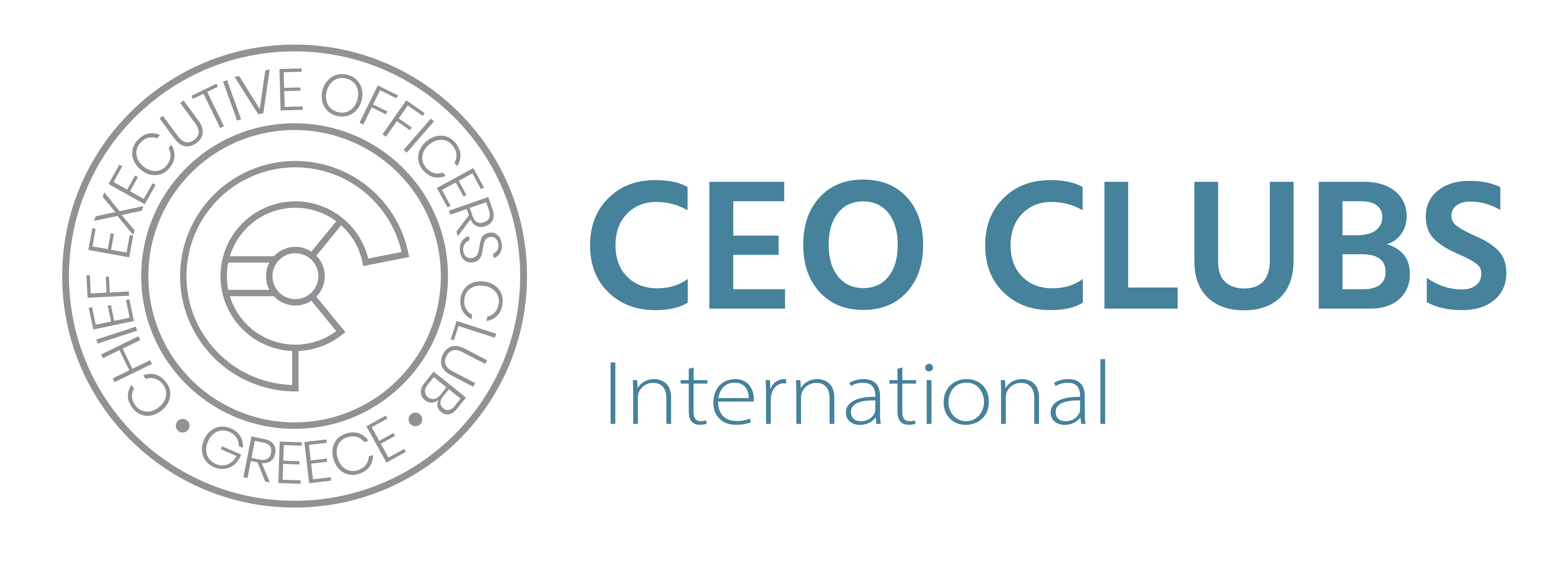



.jpg)






.jpg)



_.jpg)
.jpg)





